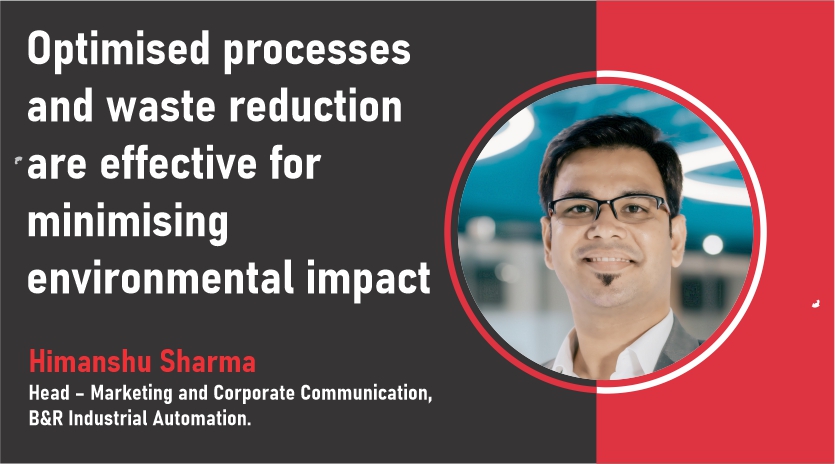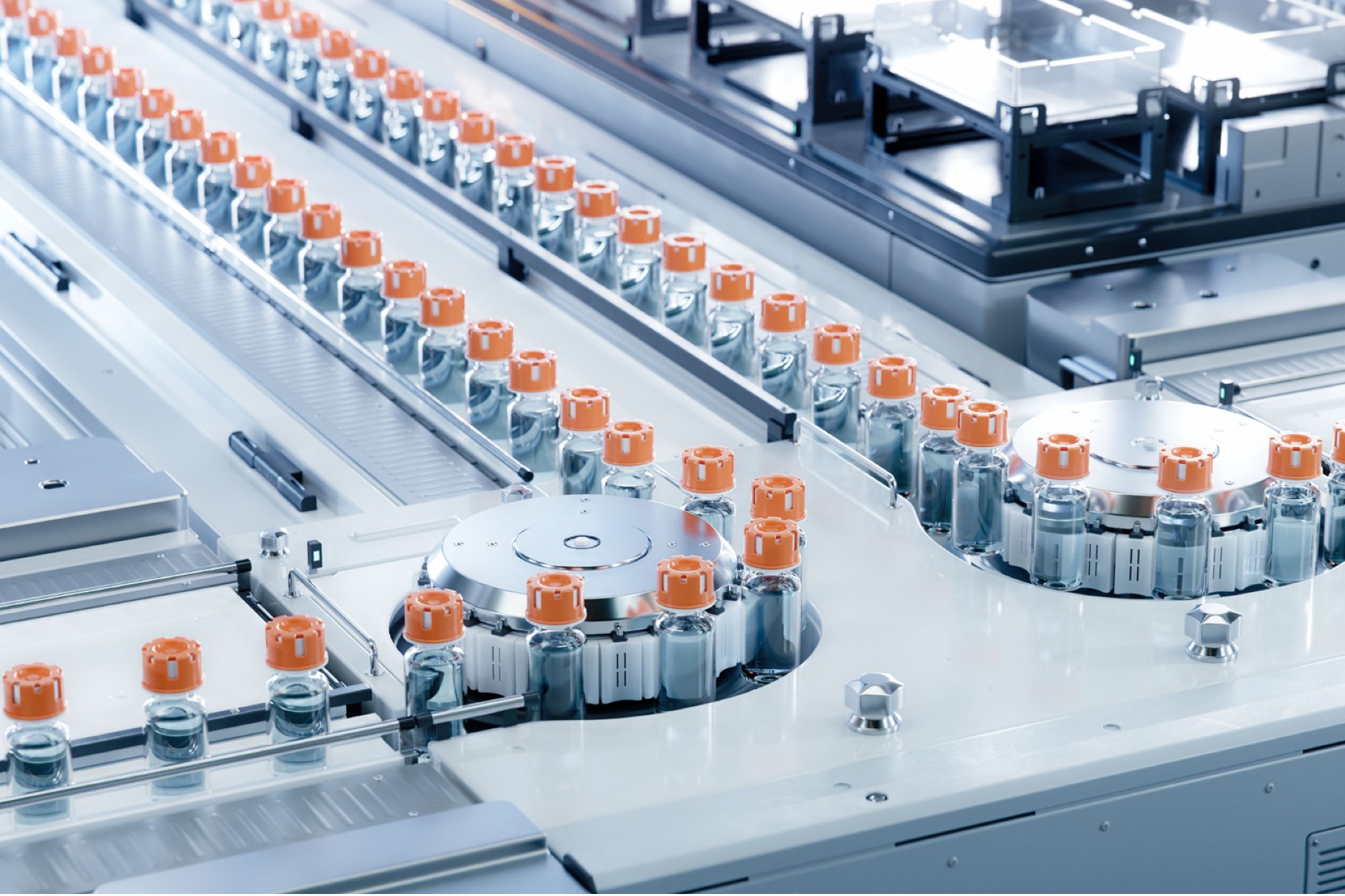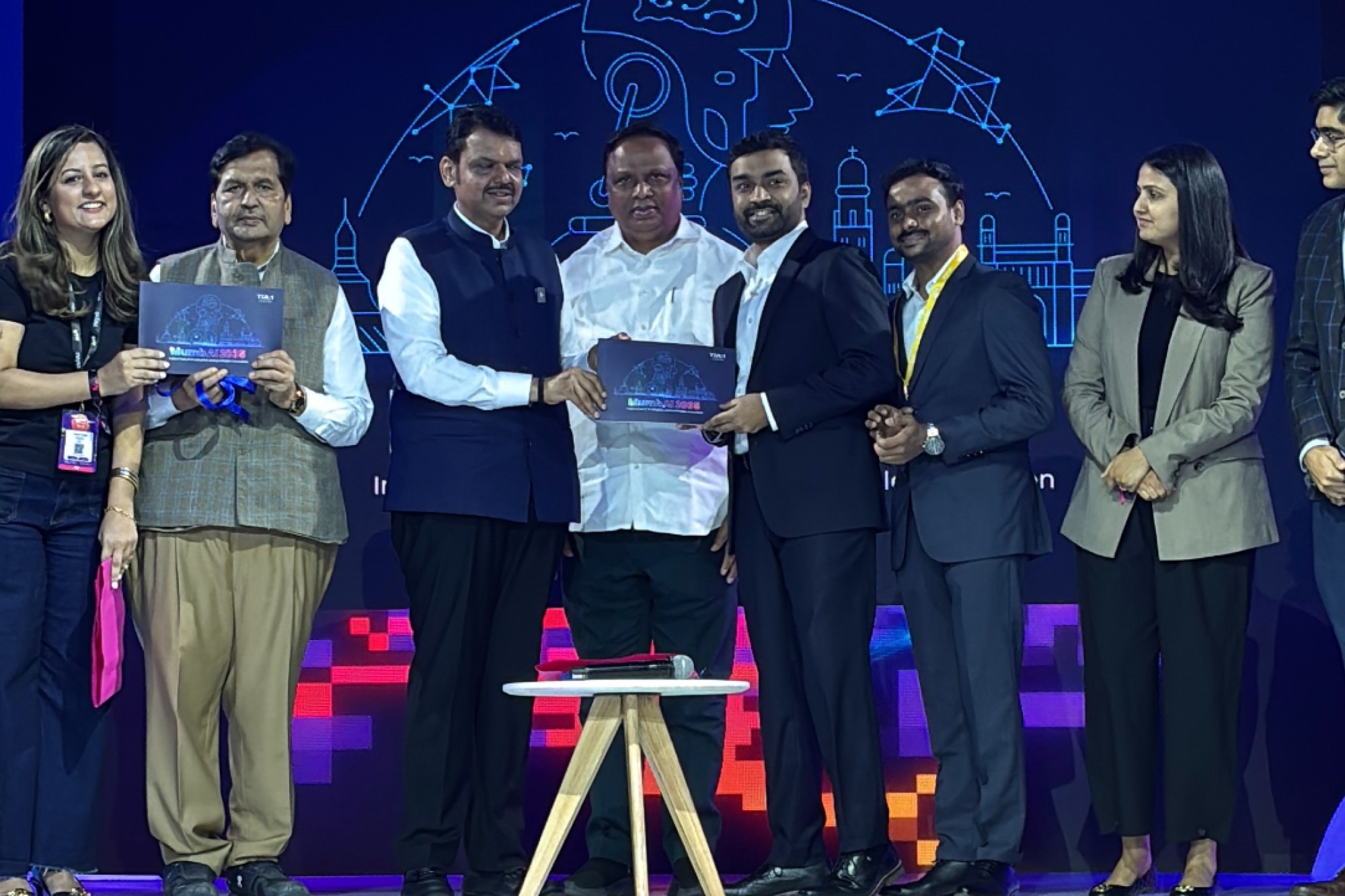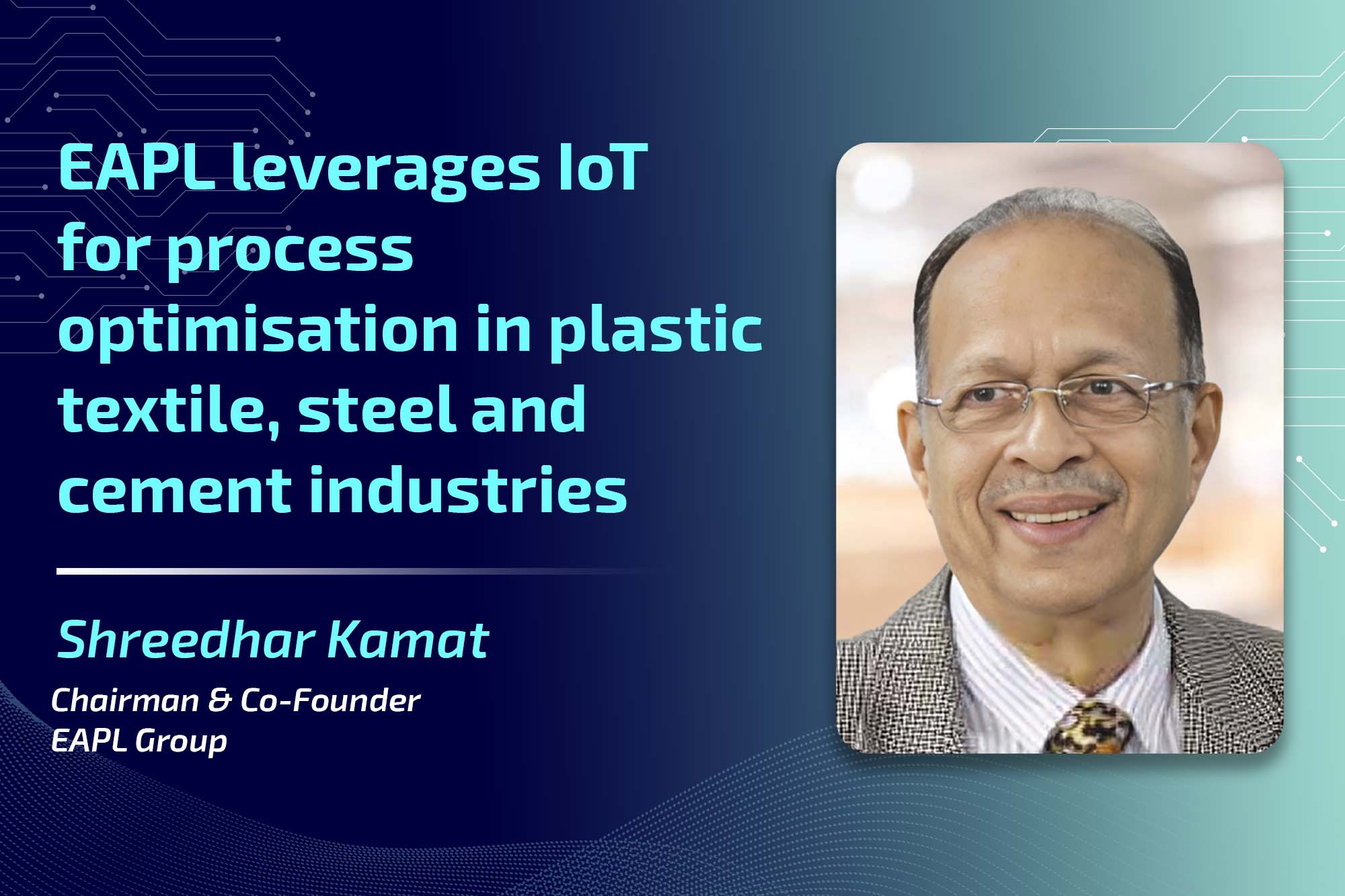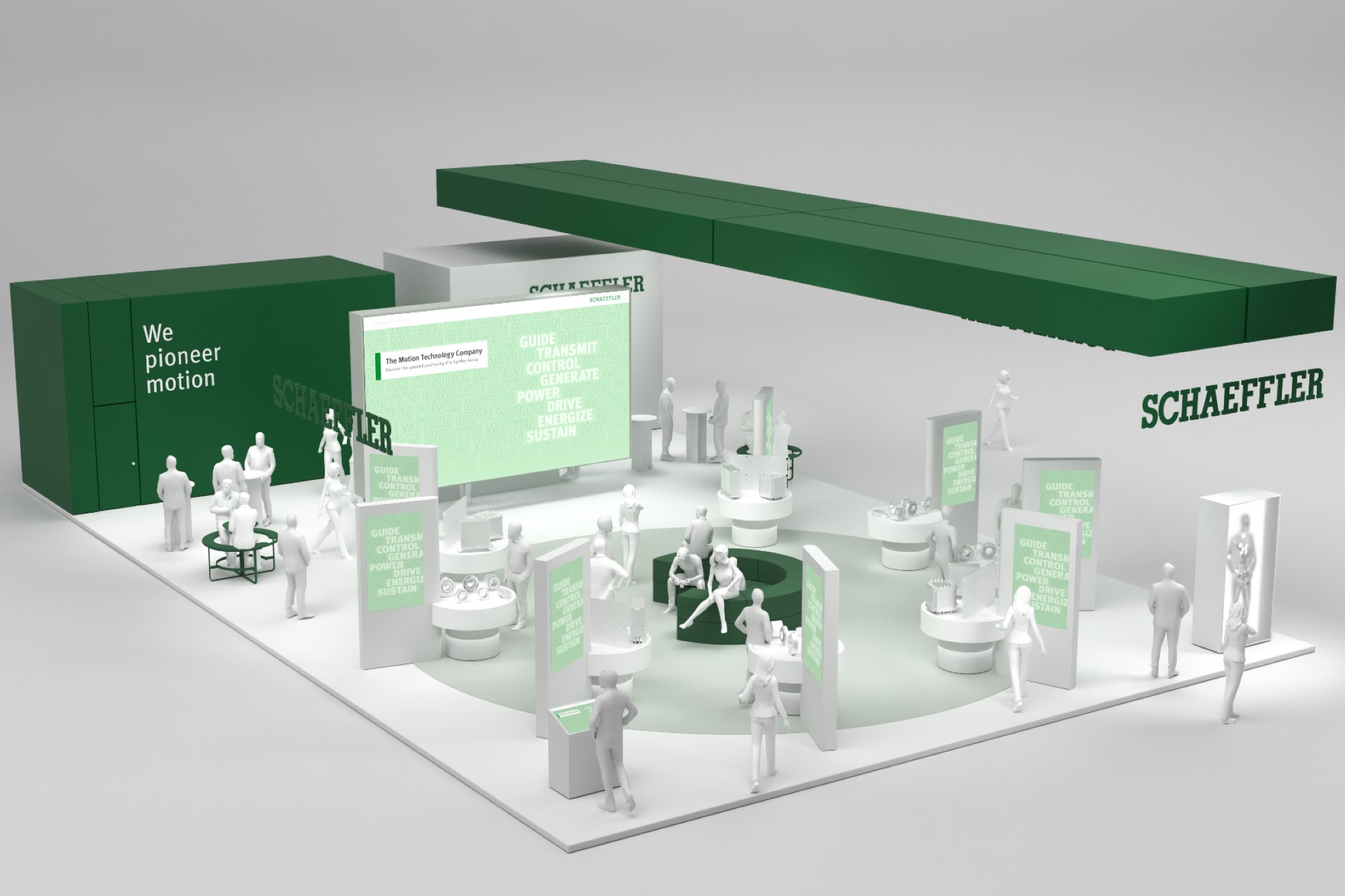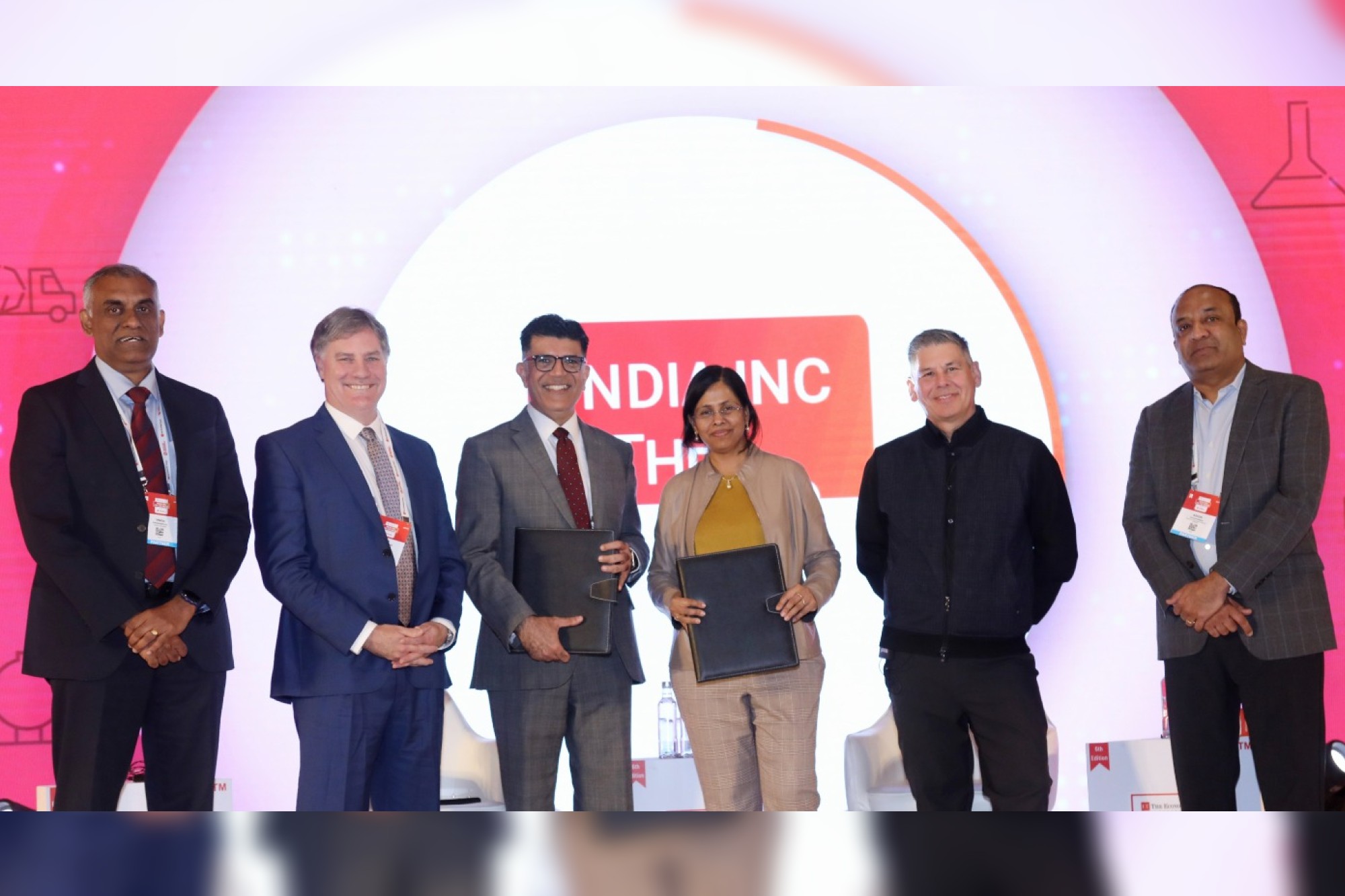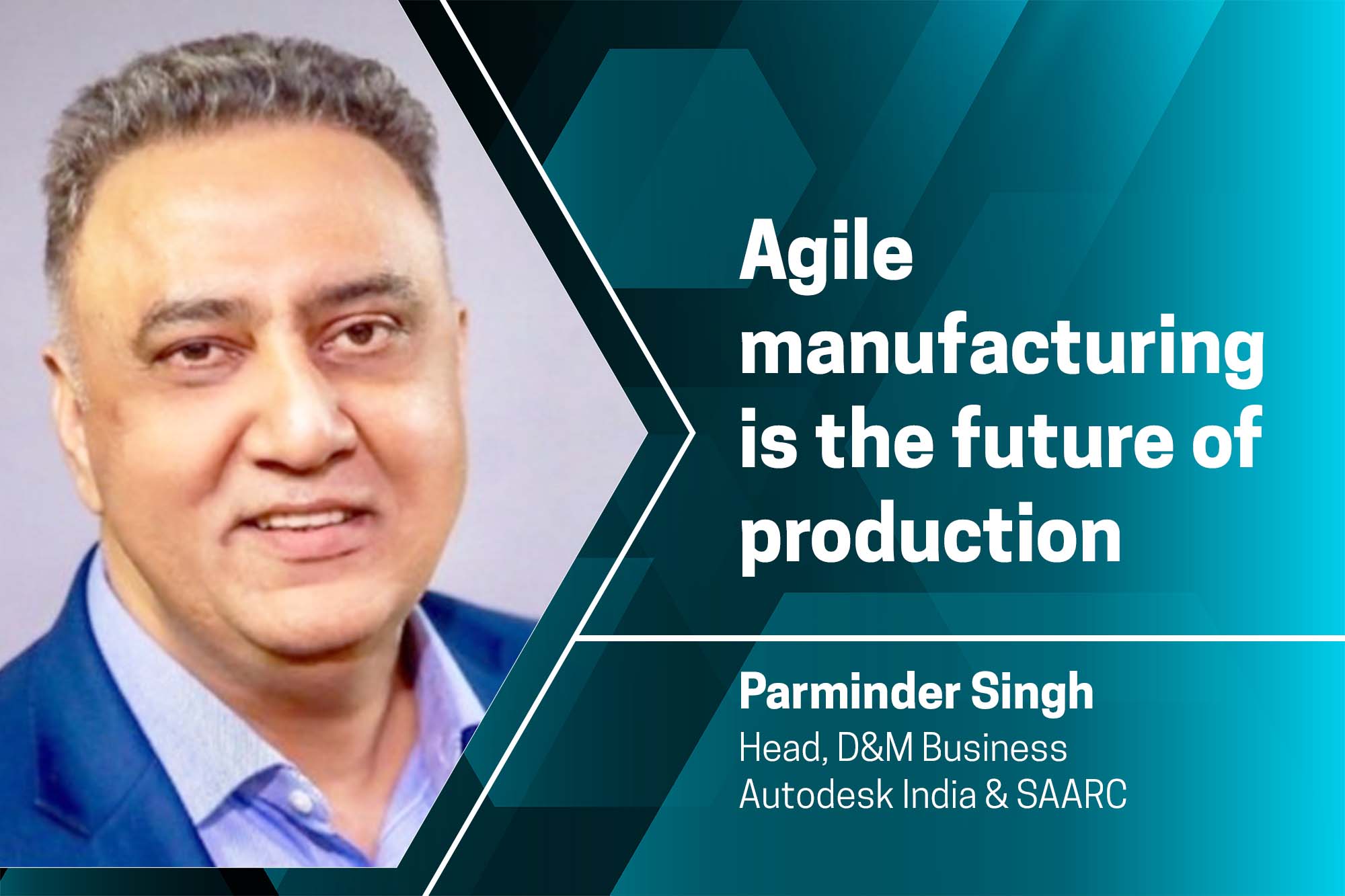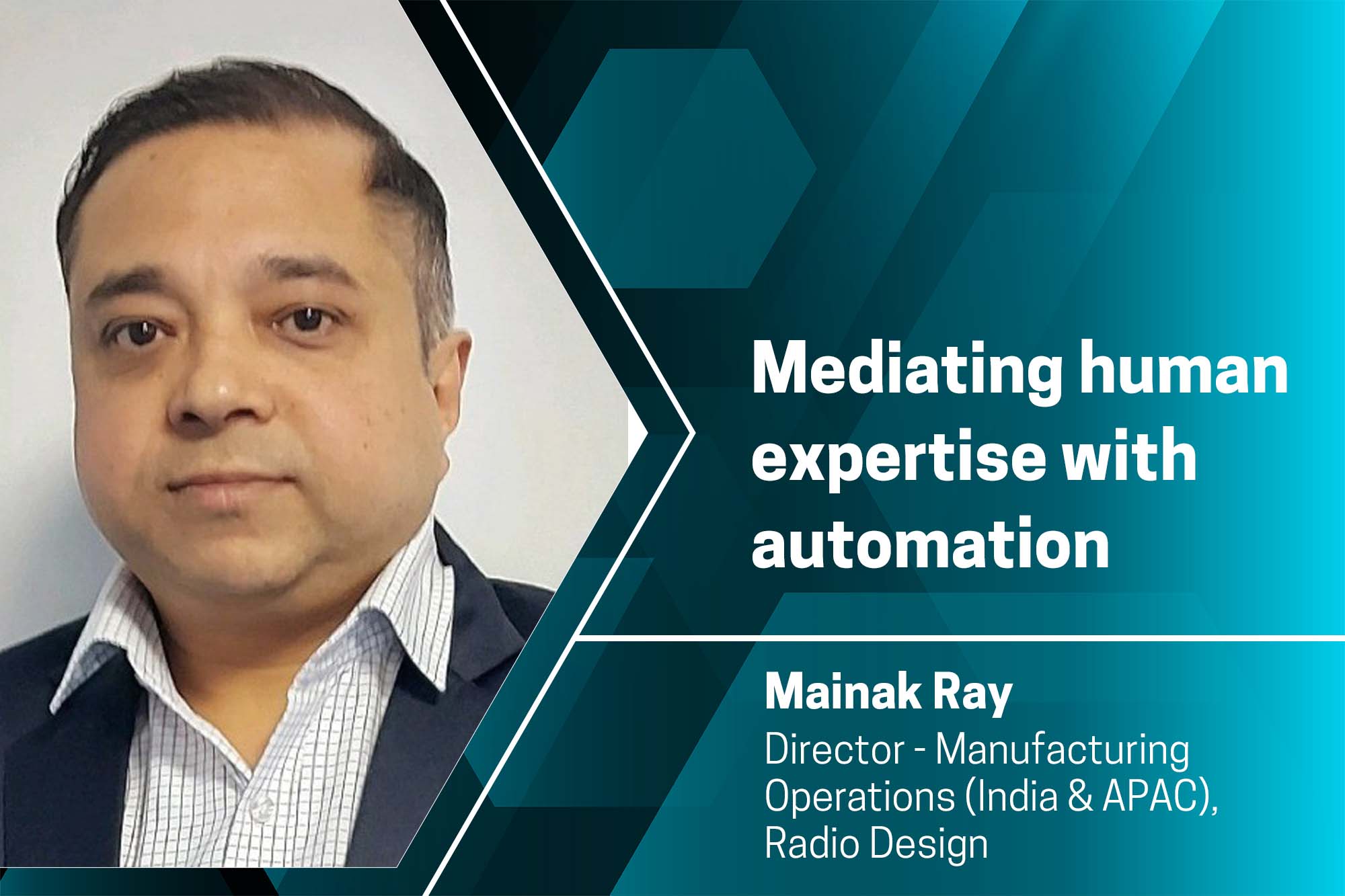Optimised processes and waste reduction are effective for minimising environmental impact
By OEM Update Editorial June 9, 2023 2:18 pm IST
Himanshu Sharma, Head – Marketing and Corporate Communication, B&R Industrial Automation, explains that we have set a target to achieve carbon neutrality across all our operations by 2030, aligning ourselves with environmentally responsible practices.
How does B&R support machine builders with intelligent automation solutions?
B&R is a global automation company with extensive involvement in various industries such as Plastic, Packaging, Printing, Textiles, Food and Beverage, and Heavy machinery. We have a long-standing presence in the market and are committed to sustainable business practices while delivering high-quality products and automation solutions for factories and machine builders. Our dedication to innovation and expertise allows us to empower machine builders with intelligent automation solutions that cater to their specific needs. We offer a comprehensive range of scalable automation solutions, ensuring maximum flexibility and cost-effectiveness. We focus on meeting our customer’s requirements, not just as suppliers but as strong business partners, fostering mutual growth. By leveraging our wide array of advanced controllers, motion control systems, I/O systems, and innovative technologies, we give our customers a competitive advantage in their machine operations.
How does B&R meet the increasing demands of mass customisation in manufacturing, and in what ways do your solutions impact profitability?
As the demand for mass customisation and small batch sizes grows, our R&D team remains responsive to market needs and constantly innovates new products. Our revolutionary ACOPOStrak, an intelligent track transport system, has garnered significant recognition in the adaptive manufacturing industry. B&R is ushering in a new manufacturing era by introducing ACOPOS 6D, specifically designed for small-batch production with frequent product design and dimension changes. Additionally, we have developed a fully integrated vision system, seamlessly integrating hardware and software into the control system. This integration enables precise synchronisation and microsecond accuracy among all automation components, including machine vision. To streamline development time and maximise profitability, all our products are managed through a single engineering tool called Automation Studio. This powerful tool empowers our customers to design, develop, commission, and diagnose easily and without any dependencies.
What specific technologies have helped manufacturing units reduce waste and energy consumption?
Monitoring energy consumption is crucial as it is essential for properly functioning any system. Industries are increasingly focused on adopting energy-efficient technologies and products to address this concern. Another significant factor is the utilisation of resources and raw materials. Smart factories have shown the potential to reduce waste and enhance performance. Various trending technologies such as Artificial Intelligence, Machine Intelligence, Manufacturing Execution Systems (MES), big data, and advanced data
analytics contribute to the growth and success of manufacturing companies by enabling faster operations.
The best strategy to optimise resource utilisation is to start with process optimisation. By implementing automation solutions and leveraging IIoT technology, factories can gather data from various processes and make the necessary optimisations, improving manufacturing efficiency. Adopting flexible and intelligent technologies has set a new benchmark for resource utilisation. A more environmentally friendly production environment is achieved through optimised processes and waste reduction, resulting in a reduced environmental impact.
To what extent do upskilling and training contribute to a sustainable manufacturing process?
Upskilling and training programs are crucial in creating awareness among manufacturers regarding establishing sustainable processes. These training initiatives enable the implementation of innovative ideas and foster a mindset oriented towards process improvement. To sustain their leadership in the industry, all stakeholders need to embrace a data-driven approach, enabling informed and timely decision-making. By providing training, organisations empower their workforce to adopt and implement sustainable techniques, ensuring a secure future for all.
What is your company’s approach to sustainable manufacturing, and what specific practices do you follow to reduce environmental impact?
As a company, we prioritise intelligent automation solutions that assist our customers in reaching their performance and sustainability objectives. We focus on delivering energy-efficient products and solutions that optimise productivity within limited space. As part of the ABB Group, we are dedicated to securing a sustainable future for future generations. We have set a target to achieve carbon neutrality across all our operations by 2030, aligning ourselves with environmentally responsible practices.
Cookie Consent
We use cookies to personalize your experience. By continuing to visit this website you agree to our Terms & Conditions, Privacy Policy and Cookie Policy.



